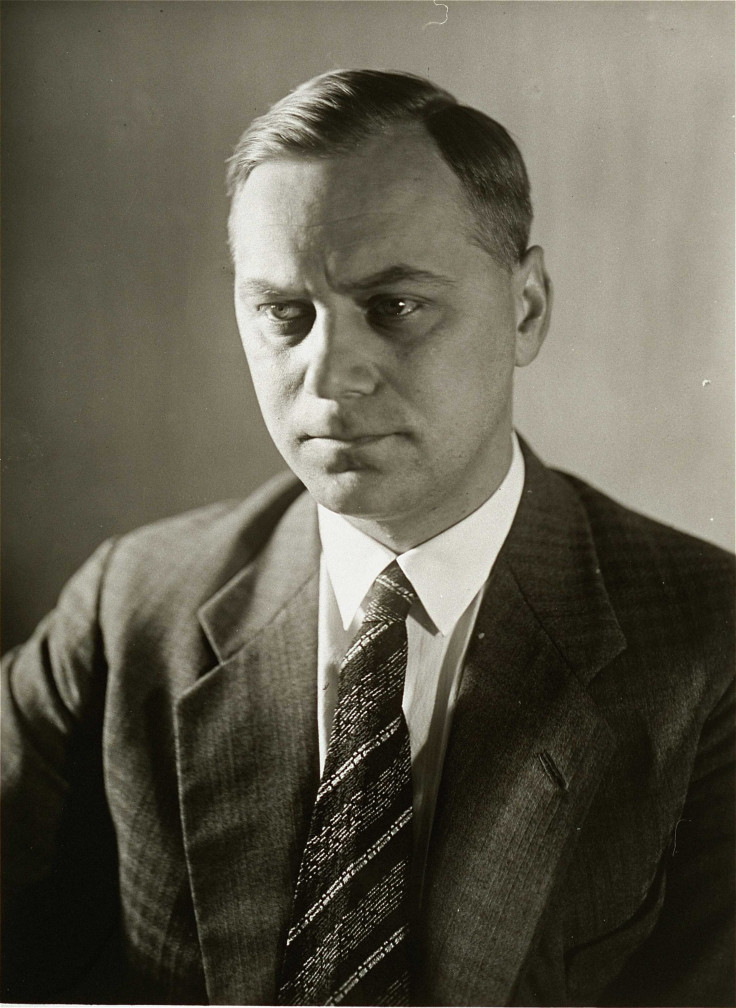
The United States government has discovered a lost Nazi diary belonging to Alfred Rosenberg, an aide close to Adolph Hitler who helped to mastermind plans for the mass genocide of millions of Jews during the Second World War.
The United States Holocaust Memorial Museum spoke with Reuters about the significance of the recently discovered Nazi diary.
"The documentation is of considerable importance for the study of the Nazi era, including the history of the Holocaust. A cursory content analysis indicates that the material sheds new light on a number of important issues relating to the Third Reich's policy. The diary will be an important source of information to historians that compliments and in part contradicts, already known documentation."
According to Reuters, this long lost Nazi diary could help shine some light as to what was going on during meetings Rosenberg had with Hitler and other top ranking Nazi officials. Reuters also says that the diary contains information about the mass killings of Jews and other Eastern Europeans. The diary also includes information about Hitler's plan to occupy the Soviet Union.
Rosenberg's diary disappeared after the war crimes trials, but resurfaced recently in the papers belonging to a Nuremberg prosecutor, Fox News reports. The Rosenberg diary holds the thoughts and plans of the Nazi party from the spring of 1936 to the winter of 1944. Reuters is also reporting that the pages contain information about Rudolf Hess's 1941 flight to Britain and looting of valuable art throughout the whole of Europe.
Early on in his career with the Nazi party Rosenberg was a powerful figure. He had strong racial ideologies, especially regarding those who were Jewish. Rosenberg was the director of the foreign affairs department for the Nazi Party. He was also the editor of the Nazi newspaper.
Memos passed between Rosenberg and Hitler were used as evidence during the Nuremberg trials. In 1946 following his trial at Nuremberg Rosenberg was hanged for crimes against humanity.
It is suspected that Nuremberg prosecutor Robert Kempner was responsible for secretly bringing the Nazi diary over to the United States. Kempner fled to the U.S. sometime in the 1930s in order to escape Nazism. He returned to Germany after the war so he could be present for the trials.
Kempner died in 1993 at the age of 93. A decade-long legal battle regarding who had the rights to Kempner's legal papers raged between his children, a former secretary, a debris removal contractor and the U.S. Holocaust Museum.
Finally, C News reported that his children agreed to turn their father's papers over to the museum. When the museum came to collect the materials they realized thousands of pages, including the Nazi diary were missing.
Earlier in 2013, the Holocaust Museum and the Department of Homeland Security were able to track the diary to Herbert Richardson a scholar living near Buffalo.
More information regarding the Nazi diary and how it was found will be released during an official press conference announcing the discovery of the Nazi diary this week.
Below is a video of Alfred Rosenberg testifying during his trial at Nuremberg, (English subtitles.)
© 2025 Latin Times. All rights reserved. Do not reproduce without permission.

![Handcuffs [Representation Image]](https://d.latintimes.com/en/full/497531/handcuffs-representation-image.jpg?w=120&h=60&f=75043e6242da75e500f77c60ae5b8904)


